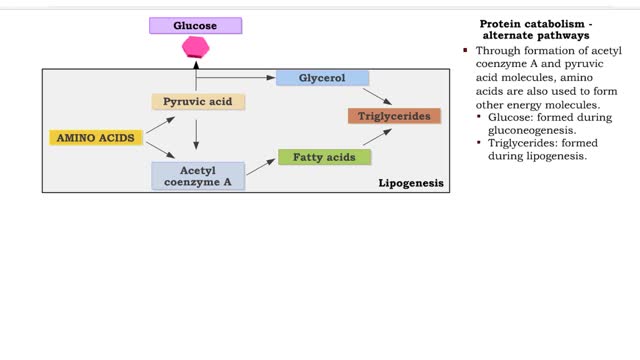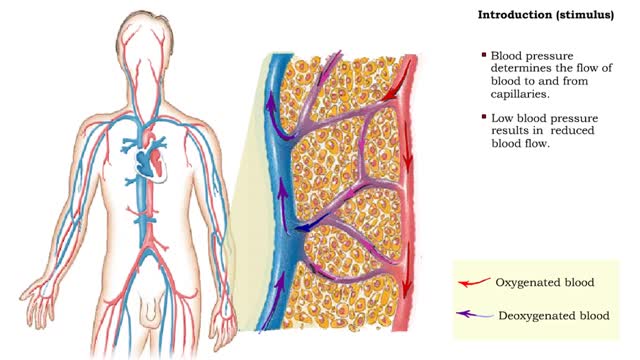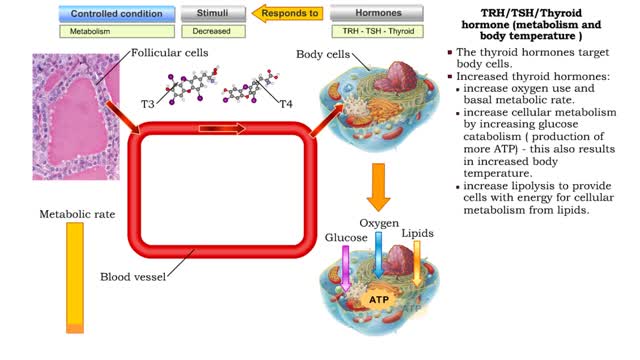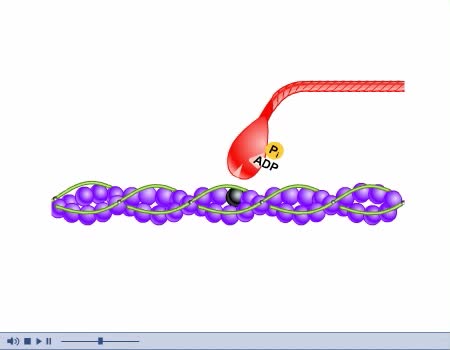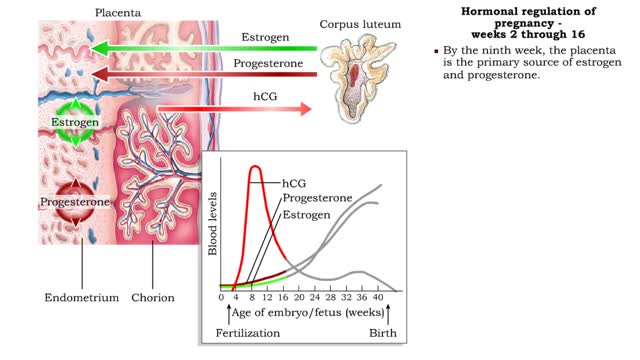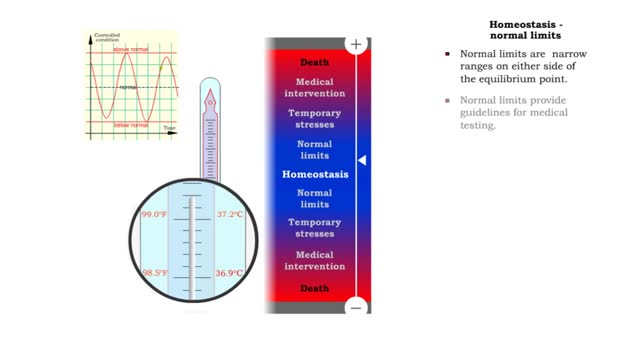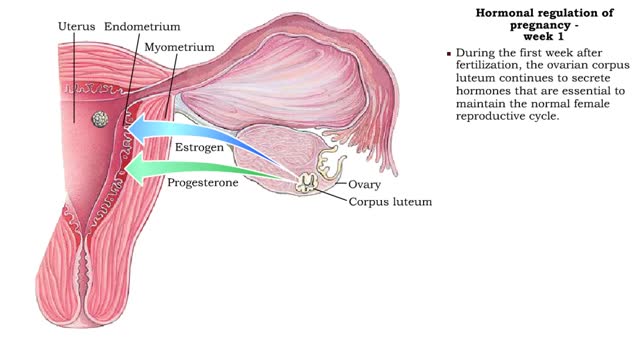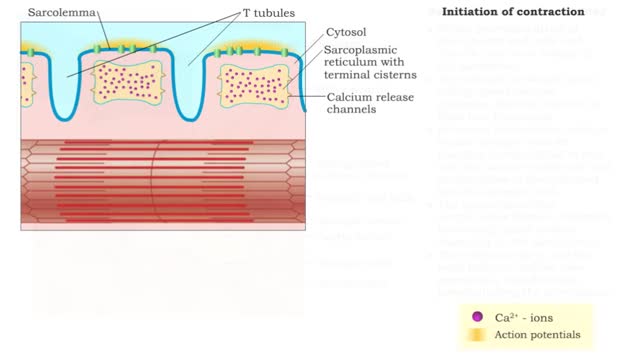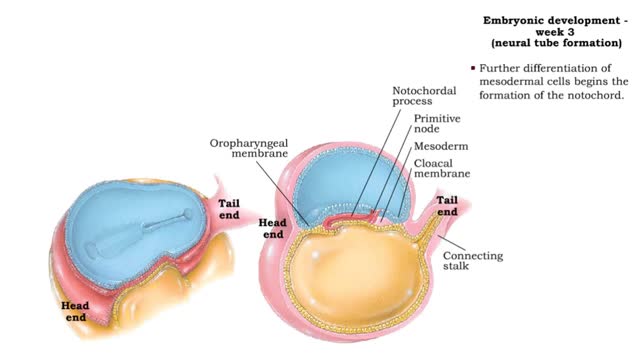Search Results
Results for: 'Nervous regulation'
Protein catabolism (Krebs cycle) and Protein anabolism (protein synthesis)
By: HWC, Views: 11635
• Deaminated acids are brought into the Krebs cycle to be oxidized to CO2 and H2O. • Before entering the Krebs cycle, the deaminated acids are converted into intermediate products (pyruvic acid, acetyl coenzyme A, carbonic acids). • In the Krebs cycle, amino acids are oxidized to form r...
By: HWC, Views: 10760
• Blood pressure determines the flow of blood to and from capillaries. • Low blood pressure results in reduced blood flow. • High blood pressure can cause blood vessels to break. In humans, sensitivity is due to portions of the nervous system called receptors. Receptors are typicall...
By: HWC, Views: 10655
Thyroid hormone production • A decline in metabolic rate caused by increased metabolic need or physical exertion stimulates the production of thyrotropin hormone releasing (TRH) hormone from the cells of the hypothalamus. • Thyrotropin hormone releasing hormone targets the thyrotrophic ce...
Contraction and Relaxation Animation
By: Administrator, Views: 13996
Muscles are responsible for movement. The types of movement are: - Locomotion, when chemical energy is changed into mechanical energy. - Propulsion of substances through tubes, as in circulation and digestion. - Changes in the sizes of openings, as in the contraction and relaxation of the iris...
Hormonal regulation of pregnancy - weeks 2 through 38
By: HWC, Views: 11514
Weeks 2 through 16 • During the first few months of pregnancy, estrogen and progesterone are secreted primarily by the corpus luteum. • These hormones act to maintain nutritional support for the embryo and fetus. • hCG production increases, peaking at 8 weeks. • hCG triggers the c...
Homeostasis (range of body conditions, normal limits, mild stresses & severe stresses)
By: HWC, Views: 10901
Homeostasis: • Provides relative stability of the internal environment. • Results from constant adjustments. • Regulated by regulatory processes. • Requires system interplay. • Normal limits. • Temporary stresses. • Disruptions requiring medical intervention. • D...
Hormonal regulation of pregnancy - week 1
By: HWC, Views: 11389
• During pregnancy, hormones play a significant role in triggering changes in the mother and fetus. • Ormones : • Maintain the lining of the uterus and prevent menstruation. Prepare the mammary glands for lactation. • Increase flexibility of the pubic symphysis. • Affect the mot...
Nervous pathway to the Neuromuscular (NMJ)
By: HWC, Views: 11555
• A nervous impulse, also called an action potential, starts from the brain or spinal cord to signal skeletal muscle cell contraction. Action potentials continue along a motor neuron to the muscle cell. • The signal to contract must cross a synapse - the neuromuscular junction (NMJ) - betwe...
Embryonic development - Week 3
By: HWC, Views: 11123
Week 3 (gastrulation) • Three primary germ layers are formed which provide cells for organ formation in the following months. • These germ cell layers are formed by a process known as gastrulation, which involves rearranging epiblast cells. • As cells from the epiblast migrate, a fain...
Advertisement



